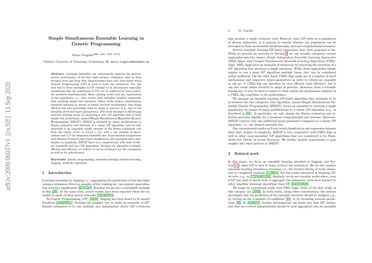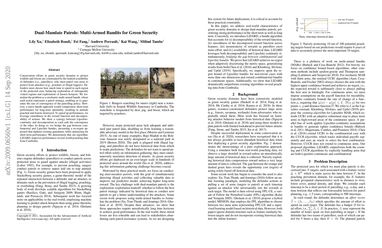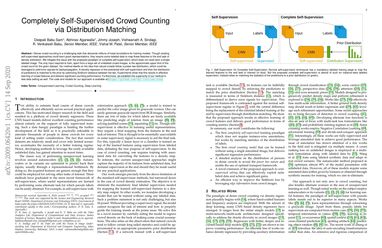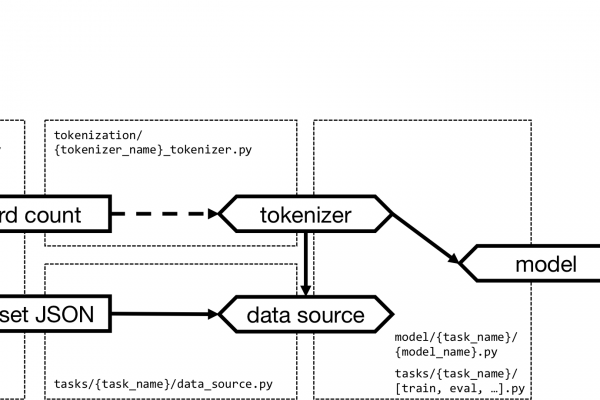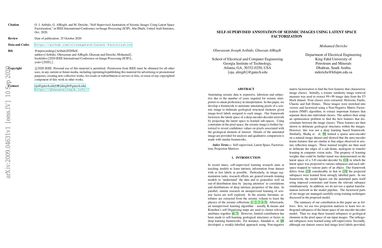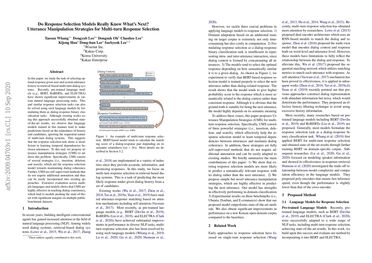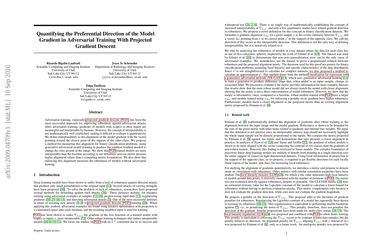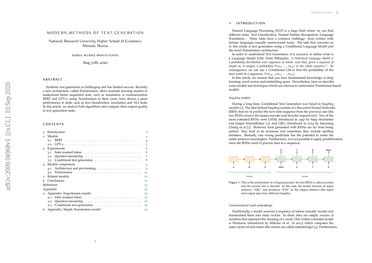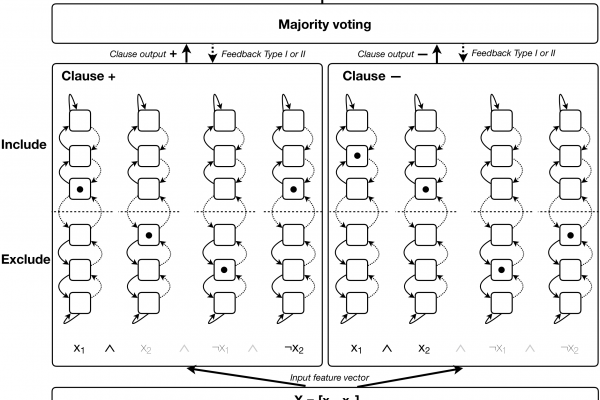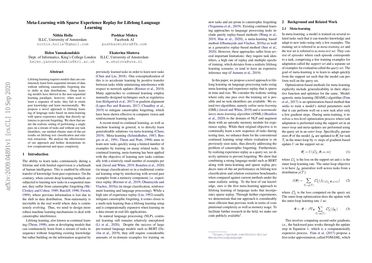Simple Simultaneous Ensemble Learning in Genetic Programming
Learning ensembles by bagging can substantially improve the generalization performance of low-bias high-variance estimators, including those evolved by Genetic Programming (GP). Yet, the best way to learn ensembles in GP remains to be determined… This work attempts to fill the gap between existing GP ensemble learning algorithms, which are often either simple but expensive, or efficient but complex. We propose a new algorithm that is both simple and efficient, named Simple Simultaneous Ensemble Genetic Programming (2SEGP). 2SEGP is obtained by […]
Read more